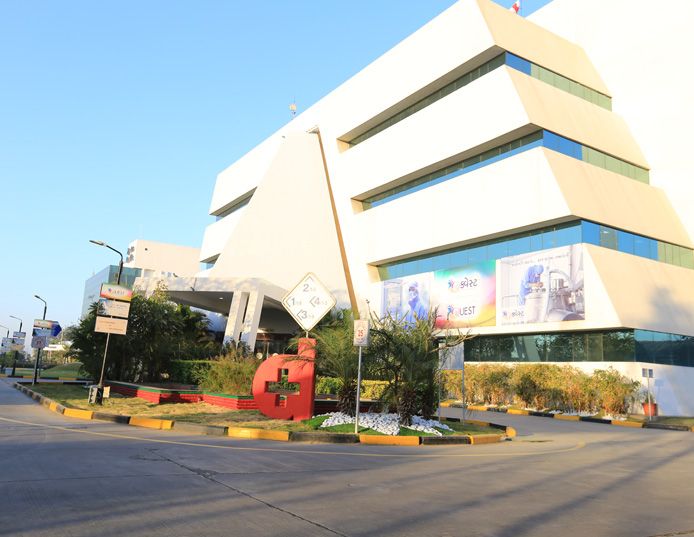- Bone Health
- Immunology
- Hematology
- Respiratory
- Dermatology
- Diabetes
- Gastroenterology
- Neurology
- Oncology
- Ophthalmology
- Rare Disease
- Rheumatology
Zydus Cadila Launches Trastuzumab Emtansine Biosimilar
An antibody conjugate, Ujvira combines the cancer cell growth–fighting properties of trastuzumab with the cytotoxic capability of emtansine.
Zydus Cadila, an Ahmedabad, India–based pharmaceutical company, said it has launched the world’s first biosimilar form of trastuzumab emtansine, an antibody drug conjugate that not only counteracts cancer cell growth (trastuzumab) but also delivers a cytotoxic agent to the cancer cell and helps to destroy it.
Zydus Cadila said the biosimilar (Ujvira) will be available on the Indian market and can be of value in treating human epidermal growth factor receptor 2 (HER2)-positive breast cancer, which is highly aggressive and constitutes 20% to 25% of all breast cancers.
“We hope that with this innovation, patients will be able to adhere to the treatment and stand to benefit from the advanced technology without worrying about the cost of the treatment,” said Sharvil Patel, managing director of Cadila Healthcare, in a statement. An estimated 1 in 29 women in India are at risk of developing breast cancer.
In some forms of breast cancer, HER2 receptors are overexpressed on the cancer cell. These receptors receive signals that stimulate the cell to grow and multiply. Trastuzumab attaches to the receptors and blocks the signaling process, causing growth of the cancer cells to stop. Trastuzumab can also alert the immune system to destroy cancer cells.
When trastuzumab attaches to the HER2 receptor, emtansine is able to enter the cancer cell and kill it. The originator trastuzumab emtansine (Kadcycla) was developed by Genentech, a subsidiary of Roche. Zydus Cadila said it would market the biosimilar version “at nearly 80% less than” the originator product.
Newsletter
Where clinical, regulatory, and economic perspectives converge—sign up for Center for Biosimilars® emails to get expert insights on emerging treatment paradigms, biosimilar policy, and real-world outcomes that shape patient care.


